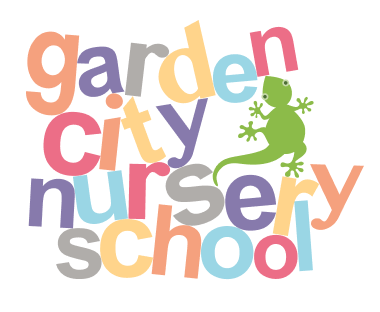Resources
From the Long Island Pre-K Initiative
Are you ready to “Play All May”?
The first-ever, month-long celebration of play has been launched by The Genius of Play, a nonprofit organization dedicated to raising awareness of the importance and vital role that play has in child development.
The organization developed a public service announcement (right) featuring a young boy driven from one activity to the next until his pediatrician writes a prescription recommending the child simply play. Its website features daily ideas for fun activities from age two and up. Plus, there’s a daily toy giveaway!
“The benefits of play are proven by decades of research… [but] play deficit is a real issue, which is why The Genius of Play is dedicating an entire month to encouraging families to make time for play.”
Recommended Parenting Books
Childhood Unbound: Saving Our Kids’ Best Selve- Confident Parenting in a World of Change by Ron Taffel, Ph.D.
The Whole-Brain Child by Daniel J. Siegel, M.D. and Tina Payne Bryson, Ph.D.
No-Drama Discipline by Daniel J. Siegel, M.D. and Tina Payne Bryson, Ph.D.
Yardsticks: Children in the Classroom Ages 4-14 by Chip Woods
Recommended Children’s Books
Don’t Let the Pigeon Drive the Bus and all the Pigeon books by Mo Willems
All Pete the Cat books by Kimberly and James Dean
Recommended Toys
When looking for toys, look for unstructured materials with which a child can impose his own patterns and which can also grow with him as he matures. For example, unit blocks – there is nothing more useful for creative play and learning – “manipulatives” whose pieces and shapes can be combined in many ways, stuffed animals and dolls – buy them as companions and comforters, not for fashionable outfits or mechanical tricks. Emphasize the benefits of “true toys” instead of passive toys that require little imagination.
Toys recommended for overall child development include:
Magna Tiles, Wedgits, Gears, Gears!, Tree or Nature Blocks, Traffic Signs and Hardwood Unit Blocks
What about war toys and weaponry?
To the child, these are symbols of power and strength. Some war toys lead to aggression, violence, or hostile play. Yet, eliminating them entirely may make them more desirable. Attempt to avoid making aggression glamorous and set limits on what is purchased.
Toys which help develop fine motor skills are a great way to help your child meet this developmental need:
Wind up toys, toys to spin, squeeze toys (in and out of the bathtub), beads and lacing, Magna Doodle, magnetic mazes, pegs and pegboards are all great developers of fine motor skills. Tip: use crayons and colored pencils instead of markers, as crayons help develop strength in the fingers; markers require less strength.


